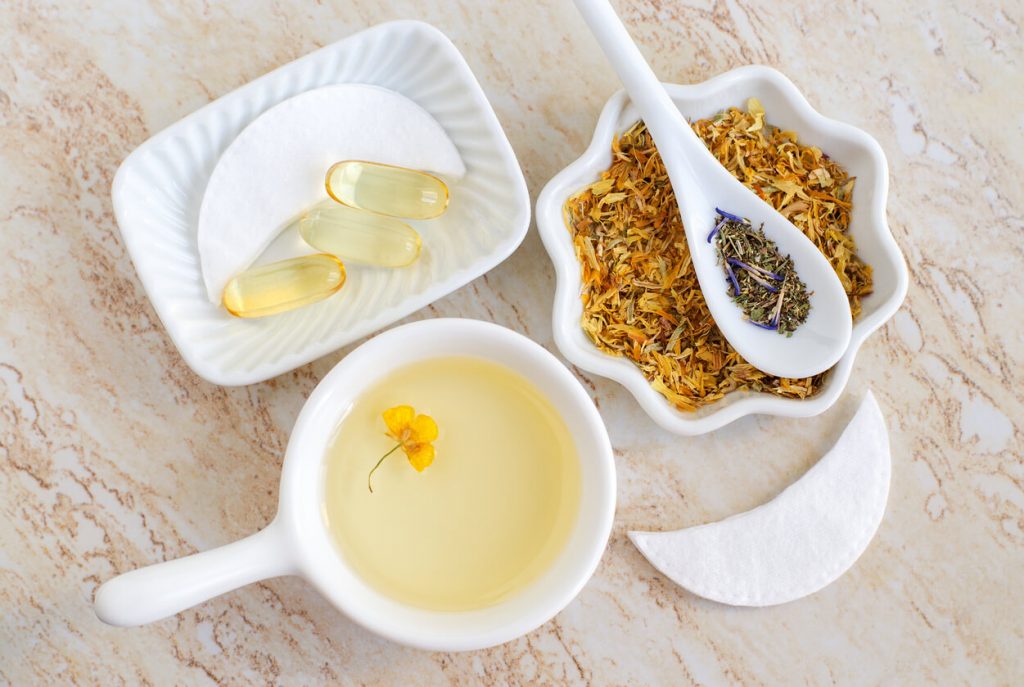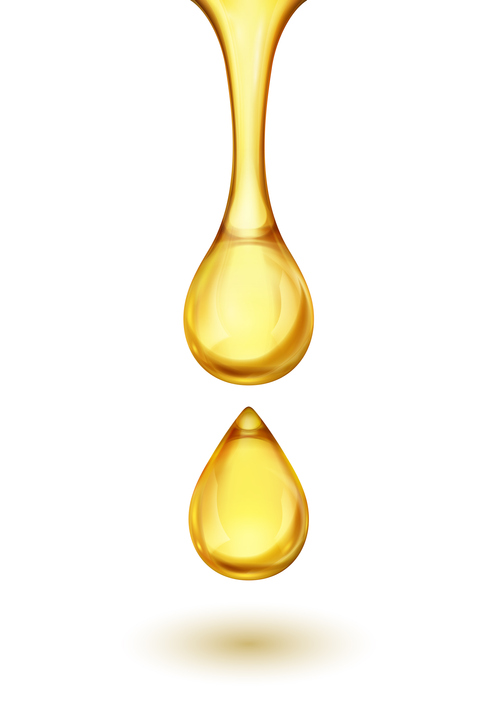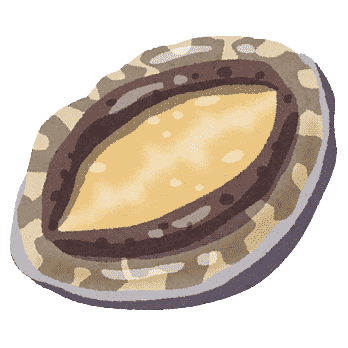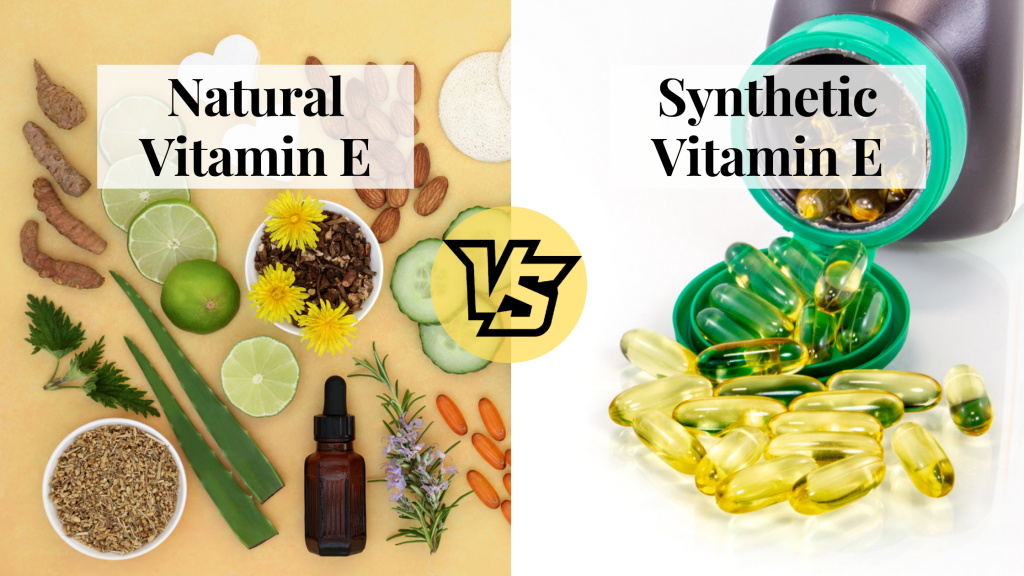Vitamin E is a powerful nutrient with antioxidant effects that can be found in certain natural foods or synthesized.
While vitamin E exists in eight forms, Alpha-tocopherol is the best form for human dietary requirements and the most common in your body.
Because it can be difficult to get all your essential nutrients from natural dietary sources, is synthetic vitamin E a good substitute, and which is the best option for your needs?
Fortunately, vitamin E occurs naturally in a wide range of foods and is added to certain food products (known as ‘enriching’), so Vitamin E deficiencies are rare.
If you’re concerned about vitamin deficiencies or have an underlying health condition which makes it hard to maintain healthy levels, you need to know which is best in the battle of natural vs synthetic vitamin E.
While vitamin supplements and fortified food can be a great help (or even a necessity) for many people, there are still doubts on whether synthesized vitamins can compare to the natural versions.
Although they are often labelled and marketed the same, the artificial ingredients in supplements and enriched food differ significantly from their natural versions.
Table of Contents
What Is the Difference Between Natural Vitamin E and Synthetic Vitamin E?

Generally, synthetic nutrients are used in dietary supplements and fortified foods, while natural nutrients are found in natural foods, like fruit, veg, dairy, grains and meat.
A simple way to think of the natural vs synthetic vitamin E discussion is to remember that only natural foods (i.e. fruit) contain natural vitamins, while supplements and enriched foods contain processed, often synthetic versions of vitamin compounds.
For example, citrus fruits are a good source of natural vitamin C, and their processed form is known as “ascorbic acid” because it is chemically different from naturally occurring vitamin C.
Similarly, natural vitamin E is often listed as “d-alpha-tocopherol” on labels, while synthetic vitamin E is usually described as “dl-alpha-tocopherol” to help differentiate the different forms.
Is Synthetic Vitamin E as Good as Natural?

While synthetic vitamins are designed to imitate the benefits of natural vitamins (often with added benefits like shelf life, cost or availability), research has found significant differences between them.
For the most part, synthetic vitamins are comparable to natural vitamins in terms of absorption and effects (notably vitamin C and ascorbic acid), but what about natural vs synthetic vitamin E?
In natural vitamin E, alpha-tocopherol (the most biologically active form of vitamin E), consists of one isomer, while the synthetic version contains eight isomers, one one of which (12%) is identical to the natural version.
Because the other seven isomers (88%) in synthetic vitamin E are less potent than the natural form, this means that natural vitamin E is easier for your body to absorb, making it up to three times more effective gram for gram.
However, while synthetic vitamins are less effective than natural ones, the sheer amount in dietary supplements makes them far more potent than any natural source, so one point to the synthetic stuff in the battle of natural vs synthetic vitamin E.
Most dietary supplements contain incredibly high concentrations of synthetic vitamins, meaning people who regularly take supplements are more likely to exceed the recommended Upper intake Level (UL) and are at increased risk of vitamin overdoses.
Is Synthetic Vitamin E Harmful?

The synthetic form of vitamin E used in dietary supplements isn’t harmful in and of itself, but high-dose supplements can cause adverse effects from excessive vitamin E intake.
If you have been prescribed vitamin E supplements for a health condition that prevents your body from properly absorbing fats (such as Crohn’s Disease), then they should be perfectly safe.
Notwithstanding professional medical advice, most people get enough vitamin E from natural sources, so taking synthetic vitamin E in supplements is generally unnecessary, whatever you think of the natural vs synthetic vitamin E debate.
Furthermore, synthetic vitamin E in high-dose supplements has been associated with increased risks of bleeding and cancer: Men who took vitamin E supplements had a 17% higher risk of prostate cancer than the placebo group.
While these risks are rather shocking, findings seem to indicate that synthetic vitamin E is OK in smaller doses, so consider asking your doctor before taking any vitamin E supplements.
Which Form of Vitamin E Is Good for My Skin?

Vitamin E has a wide variety of health benefits – including antioxidant and anti-inflammatory effects – making it highly effective in supporting healthy skin.
However, it’s hard to compare natural vs synthetic vitamin E for skin health, as most topical vitamin E products get their vitamin E content from synthetic or processed forms.
If you’re concerned about dry skin or visible signs of aging and already consume a reasonable amount of vitamin D from natural sources, then topical vitamin E oil could help improve your skin health.
When applied to your skin, vitamin E helps to reduce sunburn, tackle inflammation and prevent oxidative damage, though it’s important to choose the right form of vitamin E skin product.
Due to the high amount of processing involved in most skin products, you’d struggle to find one with vitamin E from natural sources, making the natural vs synthetic vitamin E discussion less important than finding the right kind of product for your needs.
What Is the Best Natural Form of Vitamin E?
As with most other vitamins, the less processed, the better, which is why we recommend that you get your vitamin E from natural, unprocessed sources wherever possible.
Fortunately, vitamin E is found in a wide variety of foods – from fruit and nuts to meat and veg – so you’re unlikely to suffer from vitamin E deficiencies unless you suffer from a health condition that impairs your nutrient absorption.
By eating plenty of foods rich in natural vitamin E, you can enjoy a balanced diet and the best form of vitamin in the natural vs synthetic vitamin E debate, all without the need for synthetic supplements.
To help you get more vitamin E in your diet, we’ve prepared a list of foods rich in the vitamin and some serving suggestions below:
Wheat Germ Oil

Contains 135% of the recommended Daily Value (DV) per tablespoon: Try adding to salad dressings or using this oil to sautee vegetables.
Sunflower Seeds

Contains 66% of the DV per ounce: Try sprinkling on yogurt or baking into cakes and bread for extra crunch.
Almonds

48% of the DV per ounce: Add chopped almonds to breakfast cereal or use in place of peanut butter for a twist on familiar meals
Hazelnut Oil

43% of the DV per tablespoon: Try using this instead of sesame oil in sauces and Asian-inspired recipes
Sunflower Oil

37% of the DV per tablespoon: You probably already have a bottle of this versatile cooking oil, so fry, roast, or bake your favourite veggies for lots of vitamin E.
Abalone

23% of the DV per 3 ounces: This rare shellfish is prized for its delicate flavor and firm texture – if you can find it, try it pan-fried, stewed or raw in Japanese sashimi style.
Pine Nuts

18% of the DV per ounce: A big part of Italian cuisine, pine nuts are delicious roasted, fried or blended with herbs into pesto.
Peanuts

16 of the DV per ounce: Whether you enjoy them blended in peanut butter, scattered over noodles for extra crunch or on their own, peanuts are versatile and tasty.
Avocado

14% of the DV per 100g: Rich and creamy, avocados are delicious in guacamole, chopped in a salad or smashed over toast.
(Raw) Sweet Red Pepper

11% of the DV per 100g: These sweet and crunchy vegetables are lovely in salads or on sandwiches but lose most of their vitamin E content when cooked.
Conclusion
In short, we believe that a healthy diet makes any arguments over natural vs synthetic vitamin E irrelevant, as if you eat plenty of foods with vitamin E, you’ll maintain healthy levels of this nutrient without ever having to stress over supplements.
Furthermore, by focussing on getting plenty of natural vitamin E from your diet, you avoid the risks of excessively high levels of synthetic vitamin E in supplements.
If you’re worried about your vitamin E levels or have a condition that makes it difficult to absorb natural vitamin E from food, then dietary supplements could be right for you.
However, we recommend you seek professional advice before adding any vitamin E supplements to your daily routine, as they tend to be extremely high in the vitamin and have been known to cause adverse side effects.





